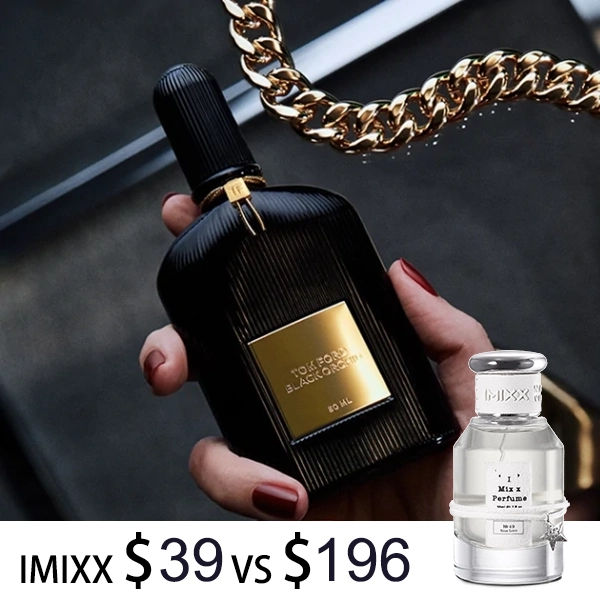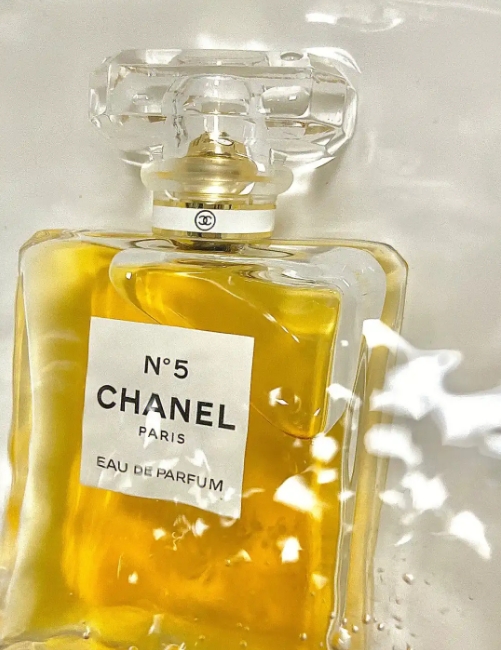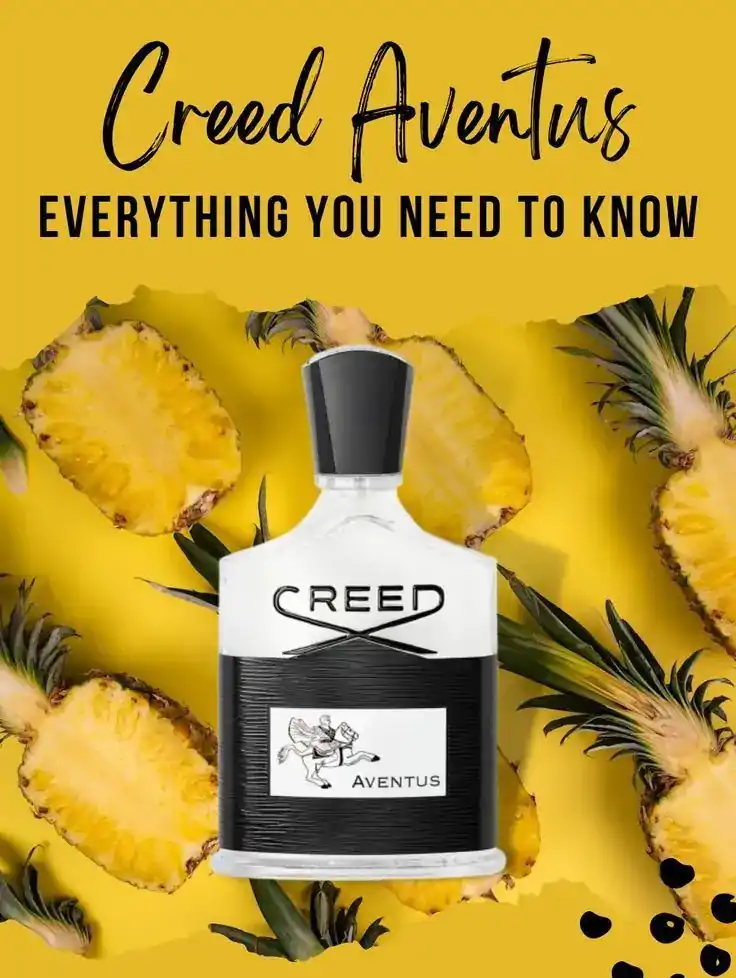What’s the Difference Between Perfume and Parfum? If you’ve ever found yourself wondering about the difference between perfume and parfum, you’re not alone. While these terms are often used interchangeably, there are notable distinctions that every fragrance lover should understand. Knowing the difference between these two types of fragrances can help you make a more informed decision when choosing the right scent for any occasion.
In this article, we’ll dive deep into the difference between perfume and parfum, explain how their concentrations affect scent, longevity, and price, and explore how these two terms are used in the fragrance industry. Whether you’re new to fragrances or a seasoned perfume connoisseur, this guide will help you understand which type of fragrance is best suited for you.

Understanding Fragrance Concentrations
What are the Different Fragrance Concentrations?
The terms perfume and parfum refer to the concentration of fragrance oils in the product. Perfume is typically the most concentrated form, but there are other types of fragrance concentrations as well, each offering a different experience. Here’s a breakdown of the most common fragrance concentrations:
| Fragrance Type | Fragrance Oil Concentration | Longevity | Sillage |
|---|---|---|---|
| Parfum | 20-30% | 6-8 hours | Strong |
| Eau de Parfum (EDP) | 15-20% | 4-5 hours | Moderate to strong |
| Eau de Toilette (EDT) | 5-15% | 3-4 hours | Light to moderate |
| Eau de Cologne (EDC) | 2-5% | 2-3 hours | Very light |
As you can see from the table, parfum has the highest concentration of fragrance oils, which makes it last longer and provide a stronger scent compared to Eau de Parfum (EDP), Eau de Toilette (EDT), or Eau de Cologne (EDC). For those looking for a fragrance that will linger throughout the day without needing constant reapplication, parfum is the best option.
Parfum vs. Perfume: Key Differences
The primary difference between parfum and perfume lies in their concentration of fragrance oils. Parfum (also known as “pure perfume”) contains a higher concentration of fragrance oils, typically around 20-30%, which results in a stronger scent and longer-lasting fragrance. In contrast, perfume is often used as a catch-all term that can refer to fragrances with different concentrations, but it usually refers to a more concentrated fragrance than Eau de Parfum (EDP).
While parfum offers the highest quality and the most intense fragrance experience, it can also be more expensive than Eau de Parfum or Eau de Toilette, due to its higher fragrance concentration and the luxurious materials used in its creation.
How Does the Difference Affect Fragrance Performance?
Scent Longevity
One of the main factors that sets parfum apart from other fragrances is its longevity. Parfum can last up to 8 hours or longer, while Eau de Parfum (EDP) and Eau de Toilette (EDT) may only last between 3 to 5 hours. This makes parfum ideal for those who prefer a fragrance that stays with them throughout the day without needing constant reapplication.
Intensity and Sillage
The intensity and sillage (the scent trail a fragrance leaves behind) are also impacted by the concentration of fragrance oils. Parfum offers a more intense scent profile and tends to leave a stronger trail, while lighter fragrances such as Eau de Toilette may be more subtle, making them suitable for casual wear or warmer weather when a lighter scent is desired.
How to Choose the Right Fragrance Concentration
When deciding between parfum and other types of fragrance concentrations, it’s important to consider your personal preferences, lifestyle, and the occasion. Here are some helpful tips:
For all-day wear: Choose parfum if you want a fragrance that will last through work, social events, and evening outings without the need for reapplication.
For casual or daytime wear: Opt for Eau de Parfum or Eau de Toilette if you prefer a lighter scent for the daytime or warmer weather.
For more budget-friendly options: Eau de Toilette and Eau de Cologne are often more affordable and still offer a refreshing fragrance experience.
Imixx Perfumes: Affordable Luxury Fragrance Alternatives
At Imixx Perfumes, we understand the importance of offering high-quality fragrance replicas and dupe perfumes at affordable prices. Our collection features inspired perfumes that replicate the essence of high-end fragrances from luxury brands like Tom Ford, Creed, Chanel, YSL, and more, all at a fraction of the cost.
Why Choose Imixx Perfumes?
Imixx Perfumes has perfected the art of crafting fragrance clones that closely resemble the luxurious scents of designer fragrances. We use top-quality ingredients sourced from renowned fragrance-producing regions, ensuring that our dupe perfumes deliver an authentic, long-lasting scent. Thanks to our expertise in fragrance replication, we can offer luxury-inspired perfumes that match the originals in both scent and performance, making them a perfect alternative for those seeking luxury without the high price tag.
Our perfume replicas are meticulously crafted, offering a level of accuracy that ensures your fragrance experience is nearly identical to the original. Whether you’re after a classic scent like Chanel No. 5 or a more modern fragrance such as Tom Ford Black Orchid, Imixx provides the best perfume alternatives for every taste.

FAQ Section
1. What is the difference between perfume and parfum?
Perfume and parfum are often used interchangeably, but they differ in terms of fragrance concentration. Parfum contains the highest concentration of fragrance oils, typically between 20-30%, which makes it more intense and long-lasting compared to Eau de Parfum (EDP), Eau de Toilette (EDT), or Eau de Cologne (EDC). This higher concentration allows parfum to last for 6-8 hours, providing a richer and stronger scent.
2. How does the concentration affect scent longevity?
The concentration of fragrance oils directly affects the longevity of the fragrance. Parfum, with its 20-30% fragrance oil concentration, lasts the longest, typically up to 8 hours. Eau de Parfum (EDP) lasts between 4-5 hours, while Eau de Toilette (EDT) lasts 3-4 hours. Eau de Cologne (EDC) has the shortest longevity, lasting only 2-3 hours.
3. What are the different fragrance types based on concentration?
Fragrances are classified based on their concentration of fragrance oils. The main types are:
Parfum (20-30% fragrance oils) – lasts 6-8 hours.
Eau de Parfum (EDP) (15-20% fragrance oils) – lasts 4-5 hours.
Eau de Toilette (EDT) (5-15% fragrance oils) – lasts 3-4 hours.
Eau de Cologne (EDC) (2-5% fragrance oils) – lasts 2-3 hours.
Each type offers a different balance of scent strength, longevity, and pricing.
4. Why are some fragrances labeled as ‘parfum’ while others are ‘eau de parfum’?
The distinction between parfum and eau de parfum comes down to the concentration of fragrance oils. Parfum contains a higher concentration of oils, around 20-30%, while Eau de Parfum typically contains 15-20%. As a result, parfum is stronger and lasts longer, making it ideal for evening wear or special occasions, whereas Eau de Parfum is often more suitable for everyday wear.
5. Does the term ‘parfum’ indicate a higher quality fragrance?
Not necessarily. While parfum has a higher concentration of fragrance oils, this does not automatically mean it is of better quality. The quality of the fragrance depends on the ingredients used, the composition of the fragrance, and the brand’s expertise in fragrance blending. Parfum may be more intense, but both parfum and Eau de Parfum (EDP) can offer excellent scent profiles depending on the formulation.
6. How does the concentration of fragrance oils impact the price of perfumes?
The higher the concentration of fragrance oils in a perfume, the more expensive it tends to be. Parfum, with its 20-30% concentration of fragrance oils, is typically more expensive than Eau de Parfum or Eau de Toilette. This is because parfum uses more concentrated ingredients, which not only result in a stronger scent but also add to the overall cost of production.
7. Are there significant differences in scent profiles between parfum and eau de parfum?
Yes, there can be differences in the scent profile. Parfum, with its higher concentration, tends to be richer and more intense, with stronger base notes that last longer. On the other hand, Eau de Parfum has a lighter profile and may emphasize the middle notes of the fragrance, offering a less overwhelming experience. Both types, however, can have very similar scent compositions.
8. Why do some perfumes have different names or formulations in various concentrations?
Fragrance brands often release different formulations of the same fragrance to cater to different preferences and price points. For example, a fragrance might be available as parfum, Eau de Parfum, Eau de Toilette, or Eau de Cologne, each offering a different concentration, scent intensity, and longevity. The formulation may also vary slightly to ensure the fragrance performs well at different concentrations.
9. How can I determine the appropriate fragrance concentration for daily wear?
For daily wear, Eau de Parfum (EDP) or Eau de Toilette (EDT) are usually the best options, as they offer a good balance of scent strength and longevity without being too overpowering. If you prefer something more subtle, Eau de Toilette is perfect for daytime use, while Eau de Parfum is ideal for a more lasting, noticeable fragrance that’s still appropriate for everyday situations.
10. Do parfum versions of fragrances last longer than their eau de parfum counterparts?
Yes, parfum typically lasts longer than Eau de Parfum because it contains a higher concentration of fragrance oils. While Eau de Parfum usually lasts 4-5 hours, parfum can last up to 8 hours or more, making it an excellent choice for those who prefer a fragrance that stays with them throughout the day.
11. Are parfum and eau de parfum suitable for all skin types?
Both parfum and Eau de Parfum can be suitable for most skin types, but people with sensitive skin may find that the higher concentration of fragrance oils in parfum could cause irritation. It is always advisable to test the fragrance on a small patch of skin before applying it widely, especially for those with sensitive skin.
12. How should I apply parfum to maximize its longevity and projection?
To maximize the longevity and projection of parfum, apply it to pulse points such as the wrists, neck, and behind the ears, where the body heat will help diffuse the fragrance. Additionally, applying fragrance to moisturized skin can help the scent last longer. Avoid rubbing your wrists together, as this can break down the fragrance and reduce its sillage.

Conclusion: The Ultimate Guide to Choosing Between Perfume and Parfum
Understanding the difference between perfume and parfum is essential for selecting the right fragrance for any occasion. Whether you’re looking for an intense and long-lasting scent or something lighter and more subtle, knowing the difference in concentration can guide your choice.
For those who want to enjoy luxury-inspired scents without the hefty price tag, Imixx Perfumes offers an excellent range of dupe perfumes that replicate the essence of iconic fragrances like Chanel, Tom Ford, and Creed. With Imixx, you can indulge in the luxury of high-end fragrances at a fraction of the cost.
Explore our full collection and discover your perfect fragrance today at Imixx Perfumes. Whether you’re looking for a fragrance clone, perfume alternative, or inspired perfume, we have the best options for every fragrance lover.

